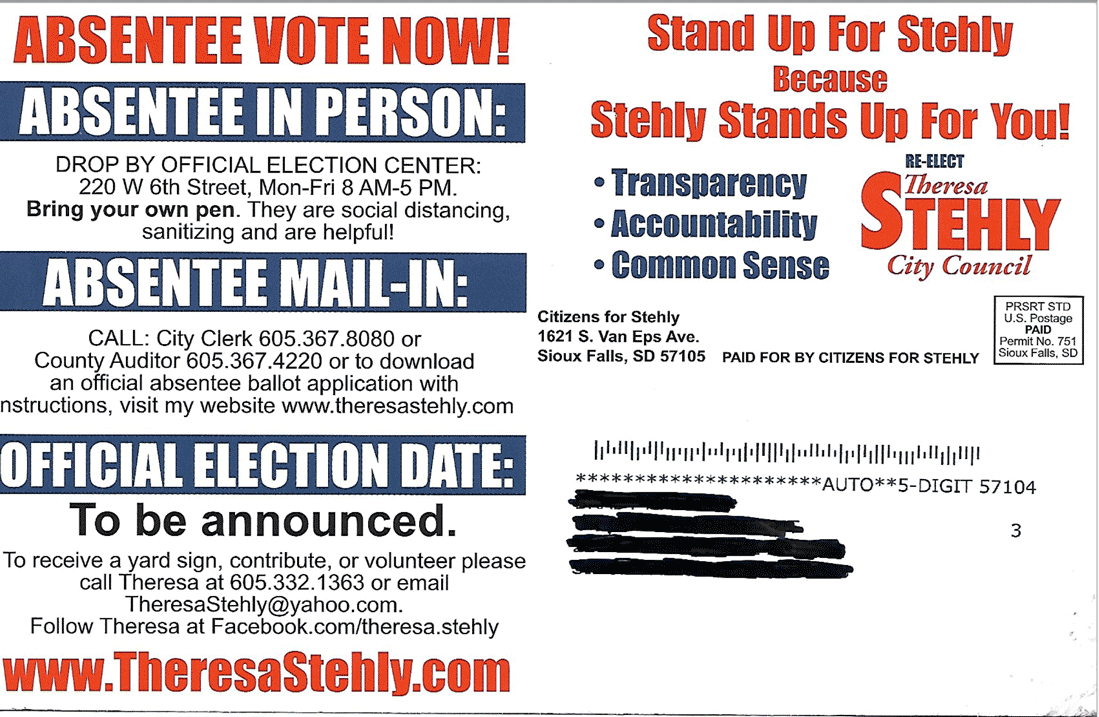Congressman Dusty Johnson’s Weekly Column: Let’s Get It Done


Let’s Get It Done
By Rep. Dusty Johnson
As of April 13th, nearly eight thousand Paycheck Protection Program loan applications were approved in South Dakota alone. Our state has seen $1.15 billion go out to businesses facing devastating losses because of the COVID-19 pandemic.
While America is facing a crisis, we can hold onto hope. The CARES Act was focused on ensuring our businesses are still there when we come out on the other side of this pandemic.
I’ve heard from dozens of local businesses and employees who are utilizing the Paycheck Protection Program as a lifeline for their business. Josh from Spearfish let my office know a local business was able to retain their five employees because of the forgivable loan program, and Erica from Mitchell reached out to tell me her small family business kept their twenty employees because of the loan they received. The bill wasn’t perfect, but when I hear stories like these, it drives home the fact that it was needed. The price of action is high, but the price of inaction is higher.
For weeks, I’ve been focused on simplifying the program. I fought for guidance for independent contractors and sole proprietorships who wouldn’t normally be eligible. Moving forward, lenders will be able to more confidently consider these businesses for Paycheck Protection Program support.
It’s plain and simple. This program is saving jobs. But as of today, because of such high demand, the funds have run dry. We need to replenish the bucket. The president has asked for an additional $250 billion to be added to this program. I support that effort. If we think about this program from a long-term perspective, it’s far better to keep people on payroll now, with jobs to go back to, than add them to the unemployment rolls.
Our state – our nation, really – is facing unprecedented unemployment numbers. South Dakotans who have never applied for assistance in their lives are being forced to turn in an application. This situation is unlike anything we’ve ever faced, and we don’t want to create a long-term problem. Unfortunately, approval of the additional funds the president has requested is being held up in Congress.
There are folks who will be forced to close their doors for good if Congress doesn’t extend the Paycheck Protection Program immediately. It’s not something either side should play politics over – let’s get it done.
###








